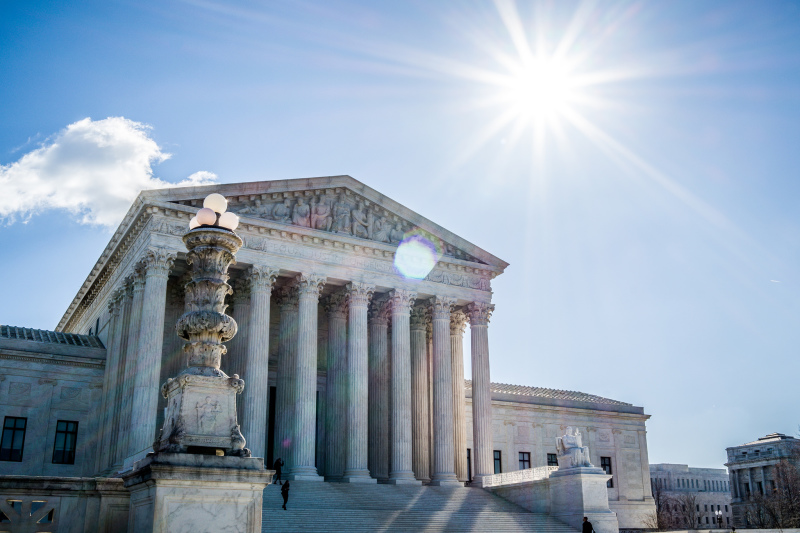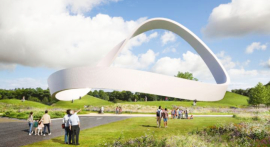
Churches in California were finally permitted by the Supreme Court to hold indoor worship services after months of legal battles over coronavirus pandemic restrictions.
The U.S. Supreme Court has allowed resumption of indoor worship services in California with 25% capacity limitation but retained the prohibition on singing or chanting inside houses of worship. The 6-3 ruling was released on Feb. 5, The Christian Post reported.
Justices Neil Gorsuch, Clarence Thomas and Samuel Alito have approved the application for resumption of indoor worship services with limited capacity, as well as singing and chanting. Chief Justice John Roberts, Justices Brett Kavanaugh and Amy Coney Barrett have voted lifting the ban on indoor worship but retained the restriction on singing. On the other hand, Justices Elena Kagan, Stephen Breyer and Sonia Sotomayor have dissented.
According to The Mercury News, the injunction is a victory to religious leaders and activists who defied Gov. Gavin Newsom's pandemic restriction for months.
The governor's office released a statement through Newsom's spokesperson, Daniel Lopez, saying that it "will continue to enforce the restrictions the Supreme Court left in place and, after reviewing the decision, we will issue revised guidelines for worship services to continue to protect the lives of Californians."
The injunction was a response to the legal challenges filed by South Bay United Pentecostal Church (SBUPC) in Chula Vista and the Harvest Rock Church in Pasadena, as well as other religious worship disputes in the state.
Justice Gorsuch contended that the ban on churches is inconsistent with the rules being enforced to other indoor places such as buses, malls and salons which were allowed to open at limited capacity.
"If Hollywood may host a studio audience or film a singing competition while not a single soul may enter California's churches, synagogues, and mosques, something has gone seriously awry," his statement said.
Justice Kagan, one of the judges who dissented, said that the "mandate defies our caselaw, exceeds our judicial role, and risks worsening the pandemic." She argued that in accordance to the rules of the state, worship services are just the same as secular gatherings such as political assemblies, which pose a threat of COVID-19 infection.
More to The Christian Post's report, Chief Justice Roberts who voted lifting of the ban but retained the restriction on singing stated that, "The State's present determination-that the maximum number of adherents who can safely worship in the most cavernous cathedral is zero-appears to reflect not expertise or discretion, but instead insufficient appreciation or consideration of the interests at stake. Deference, though broad, has its limits."
In November 2020, a judge in California allowed San Diego to reopen strip clubs. But last month, the US. 9th Circuit Court of Appeals denied the request of SBUPC to overturn California's restriction on indoor worship services.
California faced a number of legal challenges resulting from the rules and restrictions it implemented relative to the coronavirus pandemic.
In earlier reports, Pastor John MacArthur of Grace Community Church in California defied the government-mandated restrictions and court actions to keep the church open. In spite of the fines imposed to the church then, he fought for its legal right to continue holding worship services.





























